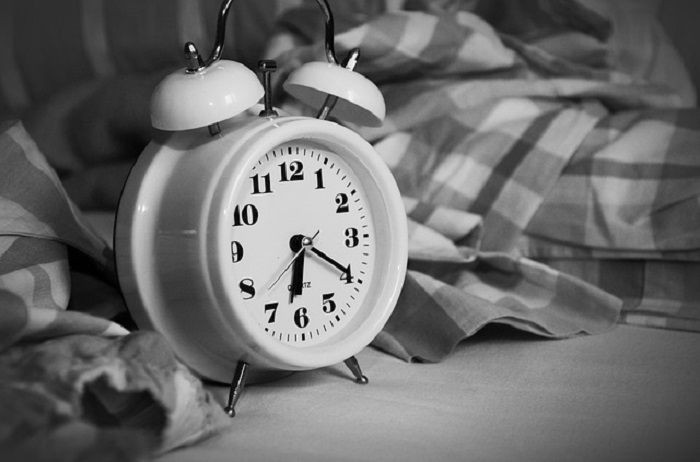Regular Exercise Routine, Good Night's Sleep Could Lower Stroke Risk By 25%

Getting a good night's sleep is a key part of a healthy lifestyle. Studies show getting seven to eight hours of sleep can reduce risk of diabetes, depression, and low-grade inflammation. Now, new research presented at the American Stroke Association's (ASA) annual meeting suggests an adequate slumber, plus exercise can lower stroke risk.
A major cause of adult disability, stroke affects about 800,000 people in the U.S. each year, according to the Centers for Disease Control and Prevention (CDC). Stroke is also the fifth leading cause of death in the U.S., with one person dying from a stroke every four minutes on average. And after analyzing survey results from nearly 300,000 adults, researchers found those who regularly get seven to eight hours of sleep a night were 25 percent less likely to suffer from the cardiac event.
While sleeping for less than seven hours a night was associated with a 22 percent increased stroke risk, sleeping the day away isn't the solution. The findings also showed people who slept for more than eight hours were at the highest risk for stroke — they were 146 percent more likely to suffer from one. Sexias says "long sleepers" may be more likely to live a sedentary lifestyle, which has been linked to cardiovascular risks and even early death.
"For example, if you’re sleeping a lot, you’re probably less active during the day," he said.
Despite the well-documented risks associated with insufficient sleep, more than a third of American workers get less than the daily recommended amount, per the CDC.
"Some of us look at sleep as the enemy," said lead researcher Azizi Seixas, according to HealthDay. "It gets in our way of doing things." However, Seixas notes that in addition to a balanced diet and regular exercise, there's growing evidence sufficient sleep is the "third pillar" of healthy living.
Combining sleep and exercise, however, may be the best way to protect against stroke: There was a significantly lower stroke risk among those who got both a healthy amount of sleep and exercised 30 to 60 minutes, three to six times a week. Seixas said less than 1.2 percent of the group getting regular sleep and exercise suffered a stroke compared to 3.1 percent of other adults.
"It seems like sufficient sleep and exercise may have a synergistic effect on stroke risk," ASA spokesman Daniel Lackland, told HealthDay.
Lackland said the new findings reinforce the importance of exercise in maintaining good health, and reminds people that sleep is vital to physical health.
Source: International Stroke Conference. 2016.
Published by Medicaldaily.com



























